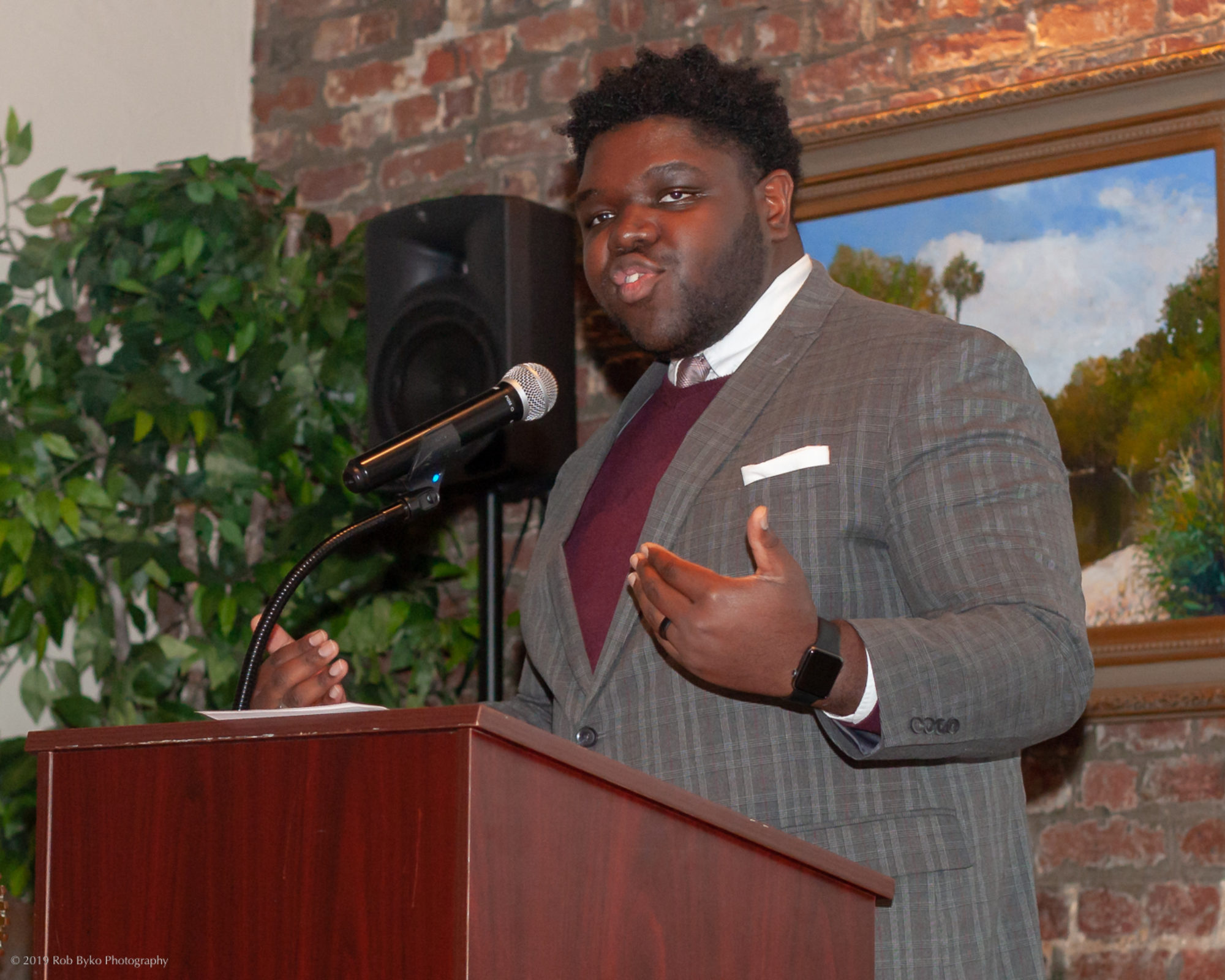January 31, 2017 – Stephanie Mangini gave an overview of Volvo’s brand philosophy and their commitment to the belief that their cars are ” Designed around you”. She stated they have had a human centric design philosophy since 1927. As part of this, they continue to have a strong commitment to safety. Volvo designed the first seatbelt and will continue to stress safety as technology is infused in automobiles including features like autonomous driving cars. Self-driving cars are currently being tested by Volvo with real people. As part of Volvo’s belief that safety in cars is to be shared by all Volvo will share information they learn about self-driving cars with other manufacturers.
They currently make cars in three countries—America, Sweden, and China. The plant in Charleston will employ 2,000 and will have over 8,000 jobs in total. The plant on sits on 1,600 acres, but they are only building on 30% of the site. Currently, they are at the stage of construction where they are installing equipment (robotics, etc). Employees move in later this year. 130 employees have been hired as of today and they expect 500 by end of the year. Majority of operations staff will be hired by 2018. They expect a $4.8B annual economic impact. By way of example, MUSC $3.8B, hospitality industry $3.5B.
David McNair then explained Volvo’s Good Neighbor Collaborative and their Community Council comprised of members of faith, education, and small business leaders. If anyone has questions they can submit them to Volvo’s website: Volvo Cars SC or call with concerns at 1.800.748.0009.
He stressed they have already shown their commitment to the Charleston area. Two years in advance of cars being built on site they have started an investment fund in community efforts.
Working with Volvo personal development investing in education, adult education training, etc. to prep are a pipeline workforce development.
David conducted a survey of members and asked questions concerning safety, general quality of life, educational, environmental issues. He discussed their partnership with TTC and ReadySC on workforce development, curriculum for middle & high school students.
Emission requirements, ergonomics measures for factory workers, Veterans programs, special needs considerations, and other quality of life programs are being investigating. He concluded by answering the question of “Why SC”? He stated that their research showed that state, local business strategies were already in place in SC that made it attractive and the infrastructure (port, rail, highway) were all excellent for delivering their product.
— Steve Coe, Keyway Committee


